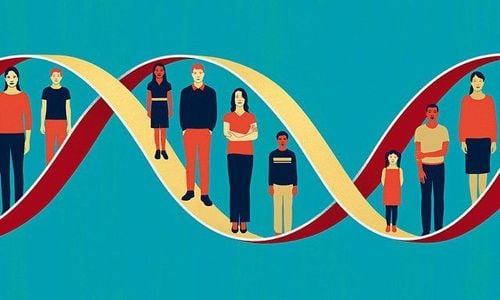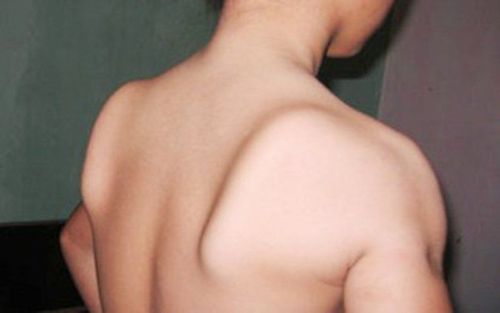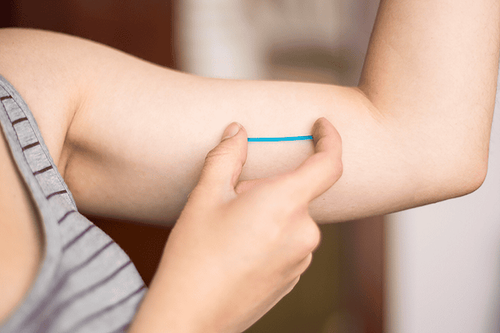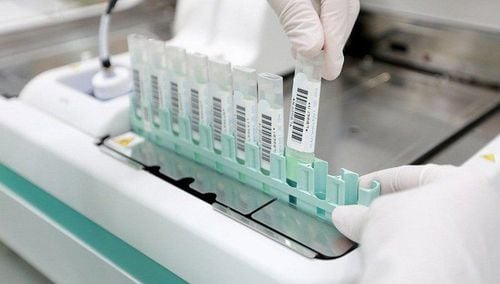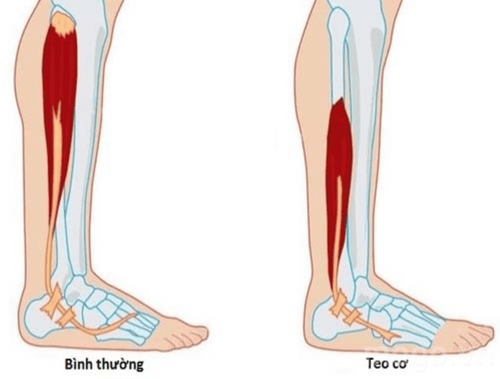This is an automatically translated article.
Duchenne muscular dystrophy is a genetic genetic disorder of the muscles, very common in humans. To best minimize the effects of the disease on health, it is necessary to have ways to prevent the disease as well as perform tests for prenatal diagnosis, minimizing the risk of having children carrying the gene that causes muscular dystrophy. Duchenne.
1. Duchenne muscular dystrophy
Duchenne Muscular Dystrophy, also known as Duchenne Muscular Dystrophy, scientifically known as Duchenne Muscular Dystrophy, is a muscular disorder caused by inheritance of recessive genes located on the X chromosome. negatively to the patient's health, typically the muscles in the patient's body will degenerate and weaken over time. Duchenne muscular dystrophy is thought to be the most common genetic disorder of the muscles in humans, with an incidence of 1/3500 male births.
Some of the main features of Duchenne muscular dystrophy are:
Genetic disease, mainly boys born with the disease. It occurs as a result of muscular disorders, not neurological or sensory disturbances. The disease worsens over time, the muscles gradually degenerate and cannot be restored to the original. Symptoms of muscle weakness usually occur in skeletal muscle, less often in smooth muscle as well as in the heart.
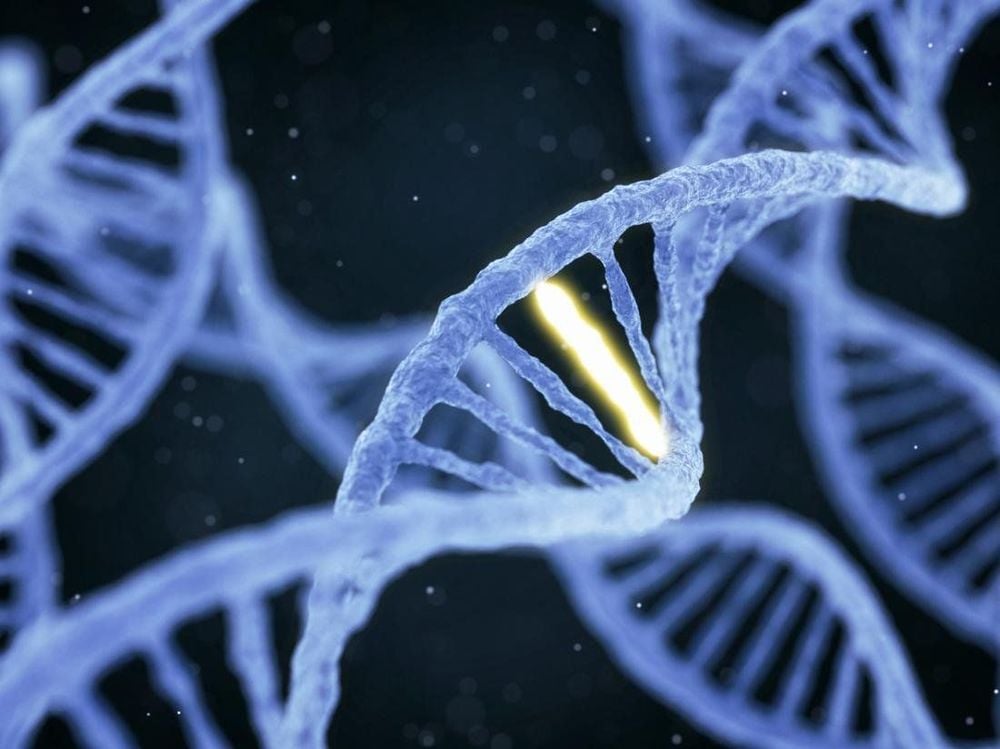
Bệnh loạn dưỡng cơ Duchenne mang tính chất di truyền
Duchenne muscular atrophy usually occurs very early, in the first age of life, about 2 to 3 years old, there are initial signs of the disease such as bilateral muscle asymmetry, weak muscle strength, then weakness and fibrosis Muscle chemistry, more severe, the body will not be able to move and walk normally before the age of 12. Duchenne muscular dystrophy causes patients to die at the age of 20 due to damage to the heart muscle as well as causing respiratory complications.
Recommended video:
Screening milestones for fetal malformations pregnant women need to remember
2. Duchenne muscular dystrophy gene tests
In order to accurately diagnose Duchenne muscular dystrophy, it is necessary to combine medical history, clinical examination, laboratory tests, especially genetic testing for prenatal diagnosis in order to minimize the risk of having a baby with congenital malformations. sick. Some laboratory tests of high value in diagnosing Duchenne muscular dystrophy are:
Serum Creatine Kinase test: if there is disease, this index increases from 20 to 100 times higher than the value. normal. Electromyogram: showing signs of muscle fiber root damage Muscle biopsy: muscle biopsy results for patients with Duchenne muscular dystrophy are degeneration, atrophy of muscle cells and surrounding connective tissues. The muscle fibers show signs of abnormal proliferation. Immunofluorescence assay: no presence of dystrophin protein on muscle cell membranes. Molecular genetic testing by PCR Multiplex technique: finding gene mutations in exons in the DNA of the patient's sex chromosomes.
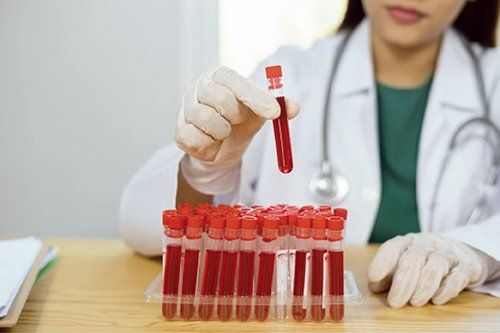
Xét nghiệm gen bệnh loạn dưỡng cơ Duchenne
3. Is Duchenne muscular dystrophy curable?
Duchenne muscular dystrophy is a genetic disease, so up to now, no effective cure for Duchenne muscular dystrophy has been found. One of the best ways to limit the effects of Duchenne muscular dystrophy on the health and well-being of patients is to prevent it in the first place.
Couples planning to have a baby should go to reputable medical facilities to do prenatal tests and diagnostic techniques as prescribed by the doctor to predict the likelihood of having a baby with Duchenne muscular dystrophy. , from which there may be other more suitable options to reduce the rate of children born with Duchenne muscular dystrophy. Several methods and techniques of genetic testing based on molecular biology can be used to help diagnose the baby's risk of disease, these methods should be applied in the following cases: :

Người bệnh cần chọn cơ sở y tế uy tín để làm xét nghiệm
Parents with suspected signs of Duchenne muscular dystrophy. Parents who have given birth to a child with Duchenne muscular dystrophy Families with a close relative with Duchenne muscular dystrophy. Duchenne muscular dystrophy is an inherited disease that causes muscle disorders and weakness in children. The disease seriously affects the health, mobility and quality of life of children from the first years of life, and can even cause immobility and death. The cure for Duchenne muscular dystrophy has not been studied so far, so when planning to have a baby, parents and families should go to medical facilities to perform prenatal diagnosis to reduce the risk of having a baby. diagnosed with Duchenne muscular dystrophy.
To register for examination and treatment at Vinmec International General Hospital, you can contact Vinmec Health System nationwide, or register online HERE
Recommended video:
Healthcare Pregnant women: A handbook for pregnant women to know
SEE MORE
Frequently asked questions about NIPT prenatal screening When is the best time to have a prenatal screening test to detect fetal malformations? Similarities and differences between Double test - Triple test





